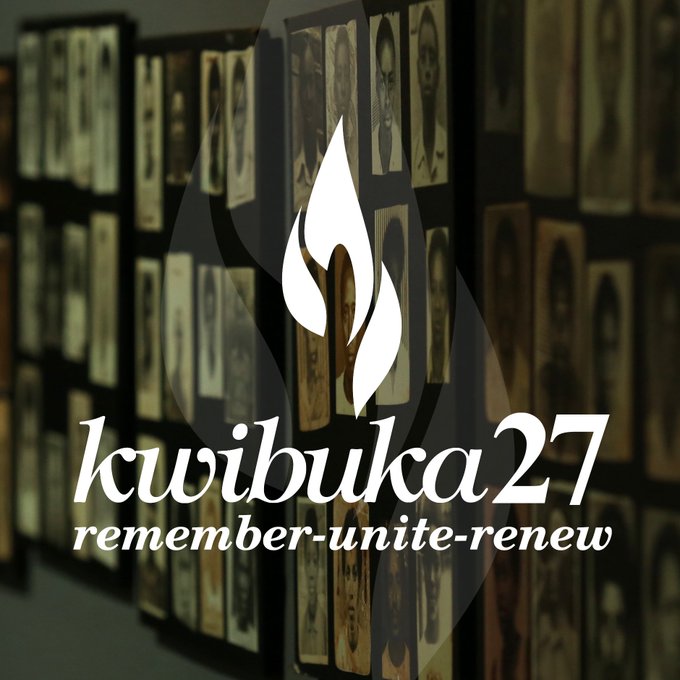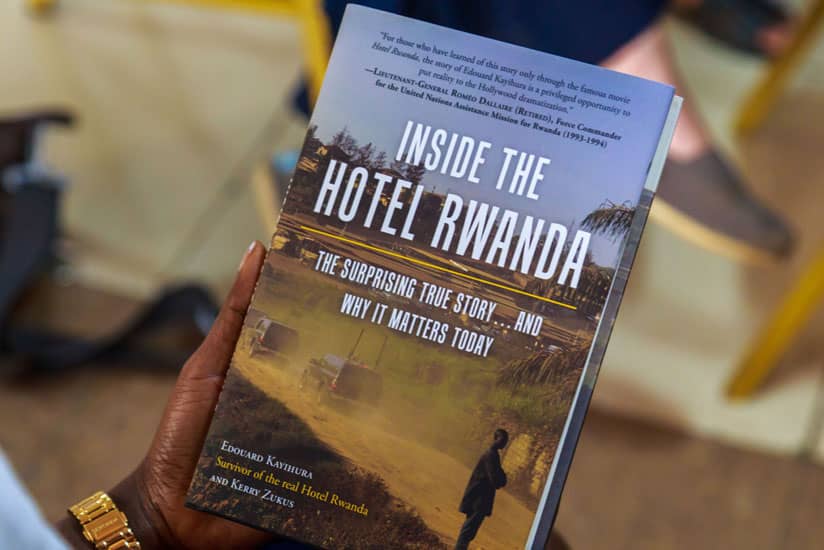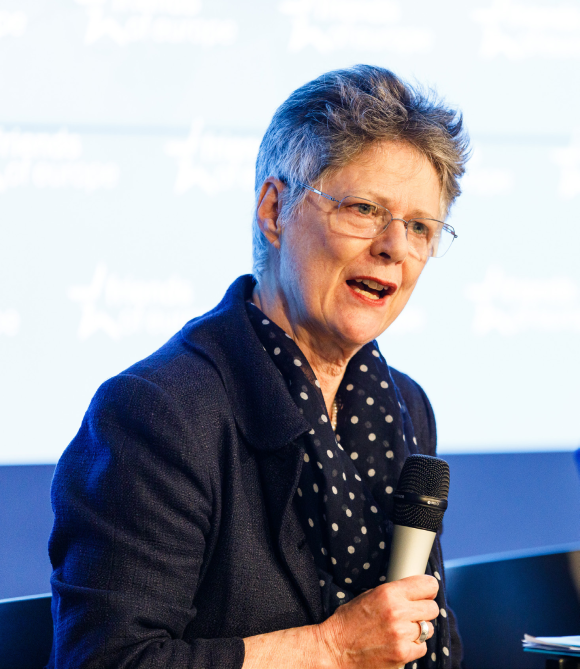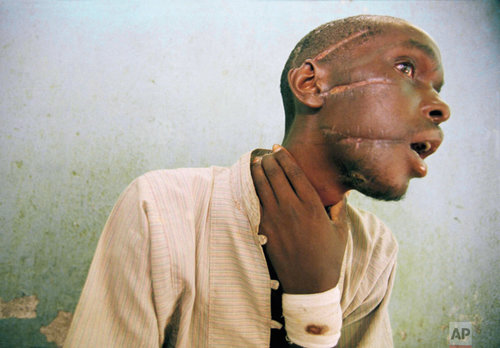Regional
Kwibuka27: Rwandans can forgive but not forget

Nothing is required from those who wronged us, except an open mind. Every day we learn to forgive. But we do not want to forget. - President Paul Kagame during Kwibuka25 in April 2019
Rwanda is, 27 years on, commemorating the Genocide against the Tutsi which was carried out by Hutu Power ideologues. To the latter, exterminating the Tutsi was the final solution; just like the Nazi in Germany sought to exterminate the Jews about 70 years ago.
In Rwanda, in 1994, more
than one million people were massacred in 100 days.
The international community
abandoned Rwanda and did nothing to stop the Genocide. Even the lean UN
peacekeeping force then in the country was withdrawn when thousands of people
were being killed. The Genocide was eventually stopped by the Rwandan Patriotic
Army (RPA) when it defeated the genocidal forces.
As Rwandans commemorate,
they cannot forget, among others, the helpless people who sought UN forces' protection
at ETO-Kicukiro in Kigali only to be abandoned and slaughtered by Interahamwe
militia while French, Belgian, other foreigners, and their pet dogs, were being
evacuated to safety.
Hubert Vedrine who served as
chief of staff in the office of President François Mitterrand from 1981 to 1995
and is accused of complicity during the Genocide believed he had a solution for
post-Genocide Rwanda.
On November 23, 1996,
Vedrine wrote in a French newspaper, Le Point, proposing that the Hutu and the
Tutsi should live in different countries because they cannot live together
anymore. That was one of the solutions suggested by the so called experts in
African politics.
But resilient Rwanda
survived. It did not become a failed state as many western experts dreamed. Rwandans
will forever be grateful to the Rwandan Patriotic Front (RPF-Inkotanyi) and its
liberation army, the RPA, for stopping the Genocide.
Rwandans chose their own
path since they saw what the international community did to them. As President Paul
Kagame said two years ago during the 25 commemoration, "Rwanda became a
family, once again."
"The arms of our
people, intertwined, constitute the pillars of our nation. We hold each other
up. Our bodies and minds bear amputations and scars, but none of us is alone.
Together, we have woven the tattered threads of our unity into a new
tapestry," Kagame said.
The recently published
1,200-page report commissioned by French President Emmanuel Macron which
concluded that France remained blind to the preparation of the Genocide was
just a step closer to revealing the truth on the role of France during the 1994
Genocide against Tutsi. Its authors cleared France of complicity in the
Genocide despite the fact that evidence of France complicity is overwhelming.
Many countries are still
reluctant to bring to book indicted Genocide fugitives on their territories. To
the survivors of the Genocide this is like killing them a second time. More
than 1,000 indicted Genocide fugitives continue to roam freely around the world.
Official statistics indicate that 408 are in the DRC, 277 in Uganda, 63 in
Malawi, 52 in Tanzania, 47 in France, 42 in Congo-Brazzaville, 40 in Belgium,
35 in Kenya, 23 in USA, 18 in The Netherlands, and many others elsewhere.
Reconciliation in Rwanda
goes hand in hand with justice. And justice delayed is justice denied.
Many Rwandans are suffering
from the trauma associated with what happened to them during the Genocide.
Their condition worsens during the
commemoration period. The 2018 Rwanda Mental
Health Survey established that Post-Traumatic Disorder (PTSD) is eight-fold
more prevalent among Genocide survivors compared to the general
population.
Bringing the Genocide
fugitives to book would be a good gesture and a big contribution by the international
community to Rwanda’s long journey towards justice, unity and reconciliation.





